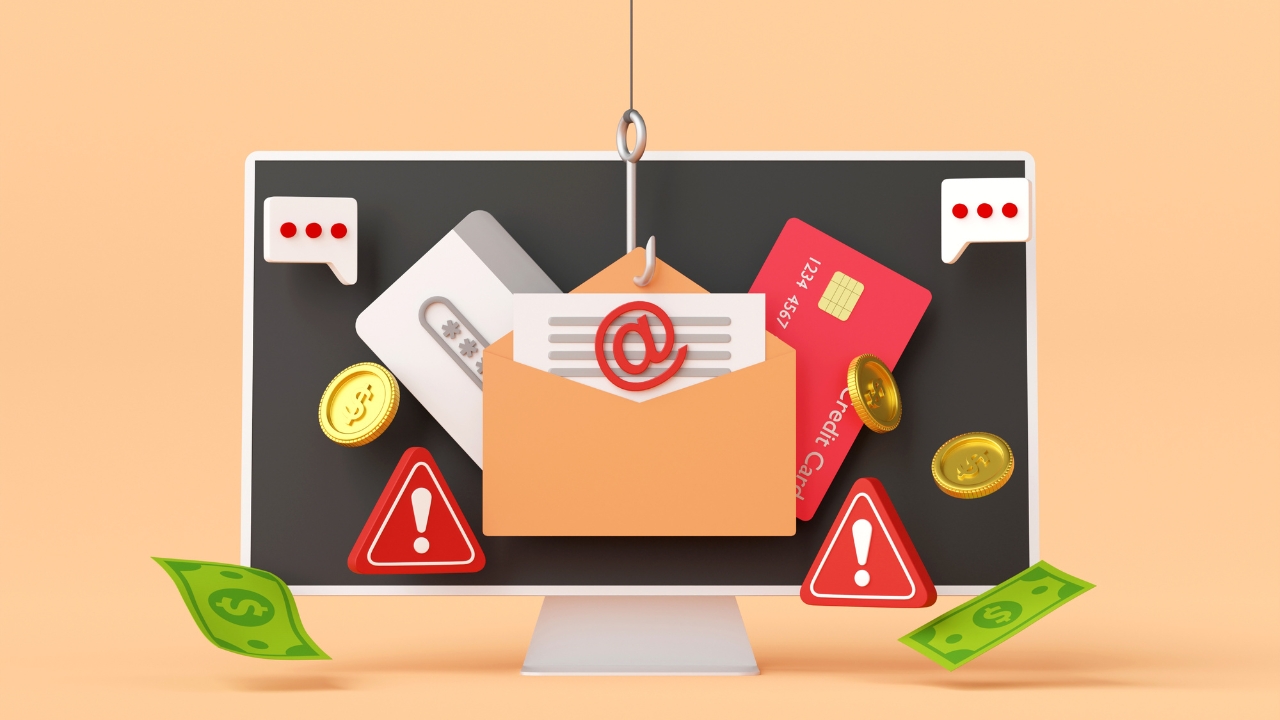
Protecting Your Finances: Understanding Merchant Data Breaches
In today's interconnected world of digital transactions, the threat of merchant data breaches looms large, posing significant risks to individuals and financial institutions alike. A merchant data breach occurs when cybercriminals gain unauthorized access to sensitive payment card information stored by merchants, compromising the security of customers' financial data.
Unraveling the Complexity of Merchant Data Breaches
Merchant data breaches involve unauthorized access to sensitive payment card data stored by merchants, including credit card numbers, expiration dates, and card verification codes. Cybercriminals typically exploit vulnerabilities within merchants' payment processing systems or compromise third-party service providers to gain access to this valuable information. Some common methods used in merchant data breaches include:
- Malware and Point-of-Sale (POS) Intrusions: Cybercriminals deploy malicious software to infiltrate merchants' POS systems, capturing payment card data during transactions and transmitting it to remote servers controlled by attackers.
- Phishing and Social Engineering: Fraudsters may target merchants' employees with phishing emails or social engineering tactics, tricking them into divulging login credentials or providing access to sensitive systems containing payment card data.
- Third-Party Compromises: Many merchants rely on third-party service providers for payment processing, website hosting, and other essential functions. A breach affecting a third-party provider can expose sensitive payment card data stored by multiple merchants, amplifying the scope and impact of the breach.
How Can You Protect Yourself?
Protecting yourself against the risks of merchant data breaches requires proactive measures and adherence to best practices for safeguarding your financial information. Here are essential strategies to help you mitigate the risks associated with compromised payment card data:
- Monitor Your Account Activity: Regularly review your account statements and transaction history for any unauthorized or suspicious activity. Report any discrepancies or unauthorized transactions to your financial institution promptly.
- Enable Transaction Alerts: Take advantage of transaction alerts and notifications offered by your financial institution to receive real-time alerts for unusual account activity, such as large transactions or transactions conducted in foreign countries.
- Use Secure Payment Methods: When making purchases online or in-person, opt for secure payment methods such as credit cards or digital wallets that offer enhanced fraud protection and liability coverage compared to debit cards or direct bank transfers.
- Be Cautious with Personal Information: Exercise caution when providing personal or payment card information online or over the phone. Only disclose sensitive information to reputable merchants and websites with secure encryption protocols in place.
- Monitor Data Breach Notifications: Stay informed about data breaches affecting merchants or third-party service providers that may have access to your payment card information. Subscribe to breach notification services and monitor updates from your financial institution and relevant regulatory authorities.
- Implement Strong Passwords and Authentication: Use unique, complex passwords for your online accounts and enable multi-factor authentication whenever possible to add an extra layer of security against unauthorized access.
- Keep Software Updated: Regularly update your devices, including computers, smartphones, and tablets, with the latest security patches and software updates. Install reputable antivirus software and firewall protection to prevent malware infections and unauthorized access to your systems.
- Educate Yourself About Scams: Stay informed about common scams and fraudulent tactics used by cybercriminals to exploit individuals' financial information. Be skeptical of unsolicited emails, phone calls, or messages requesting personal or payment card information, and verify the legitimacy of such requests before responding.
Merchant data breaches pose significant risks to individuals' financial security and privacy, but by remaining vigilant and adopting proactive security measures, you can mitigate the risks and protect yourself against the consequences of compromised payment card data. At Members 1st Credit Union, we are committed to empowering our members with the knowledge and resources needed to safeguard their financial well-being. By staying informed, practicing vigilance, and adhering to best practices for data security, you can minimize the impact of merchant data breaches and preserve the integrity of your financial transactions.




